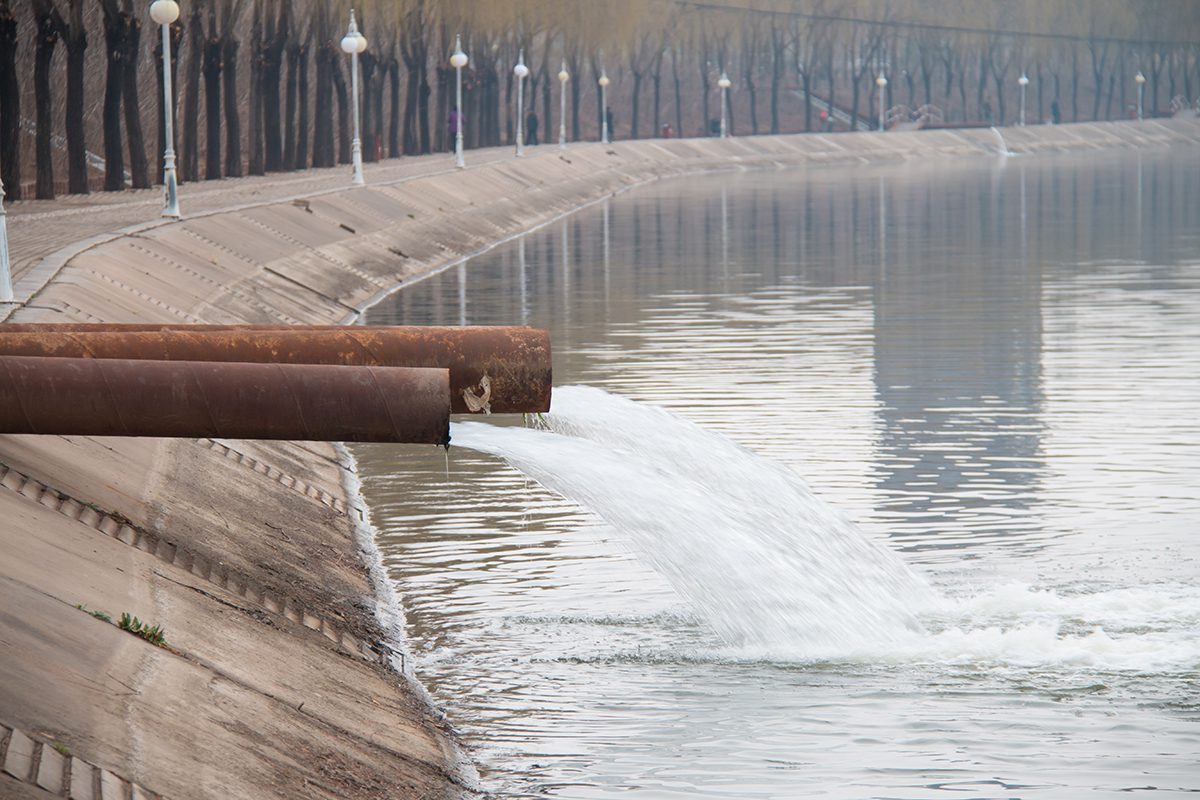
An essential ecosystem service of streams and rivers is their natural self-purification service. This can be assessed based on ecological functions such as nutrient retention or leaf litter decomposition. A new international meta-analysis identifies critical stressors, according to the Helmholtz Centre for Environmental Research (UFZ), which co-authored the study.
How do human stressors affect these ecological functions that are essential for the natural self-purification capacity of a river or stream? “In this meta-analysis, we compiled the current status of research on this question”, says Dr. Mario Brauns, a scientist at the UFZ Department of River Ecology. The international research team evaluated the published literature for studies investigating the effects of human stressors on the ecological functions of rivers and streams. “We reviewed the research available worldwide and found a total of 125 studies – which is not much given the global scale”, says Brauns. “This again underscores how little research has been done to date in this area. And: The studies found were conducted primarily in Europe or North America. Hardly anything is known to date for Asia or Africa and we see an urgent need for research and action in these geographical areas.”
Evaluation of the data revealed that the efficiency at which streams retain nitrates is nearly five times lower for streams draining agriculture catchments than for streams in pristine catchments. “This is surprising”, says Brauns who explains: “Rivers and streams affected by agriculture are impacted by high nutrient concentrations and a degraded structure and can no longer adequately fulfil their ecological function and lose a major portion of their purification service.”
Another important result is the comparative stressor analysis: Which stressors have the greatest impact across all ecological functions? Wastewater ranks first and is followed by agriculture and urbanization. “These stressors are areas where we must take urgent action”, says Brauns. “The ecological functions of rivers and streams are reliable indicators that allow a functional assessment of streams and rivers and implementation of appropriate management strategies, as demonstrated by our study. We advocate for more studies on the ecological functions of streams and rivers, preferably over a broader geographical area. If the stressors persist in contemporary intensity, we will lose the functional backbone of streams and rivers and ecosystem services essential to humans.“
The study appears in a May edition of the journal Global Change Biology.







